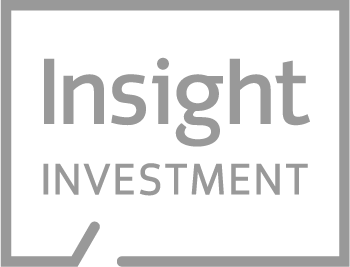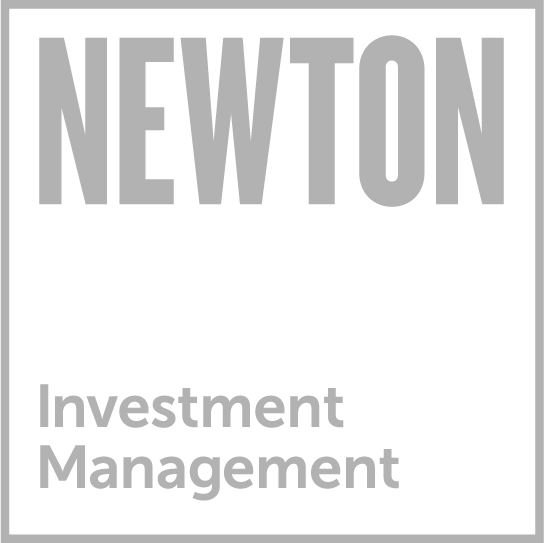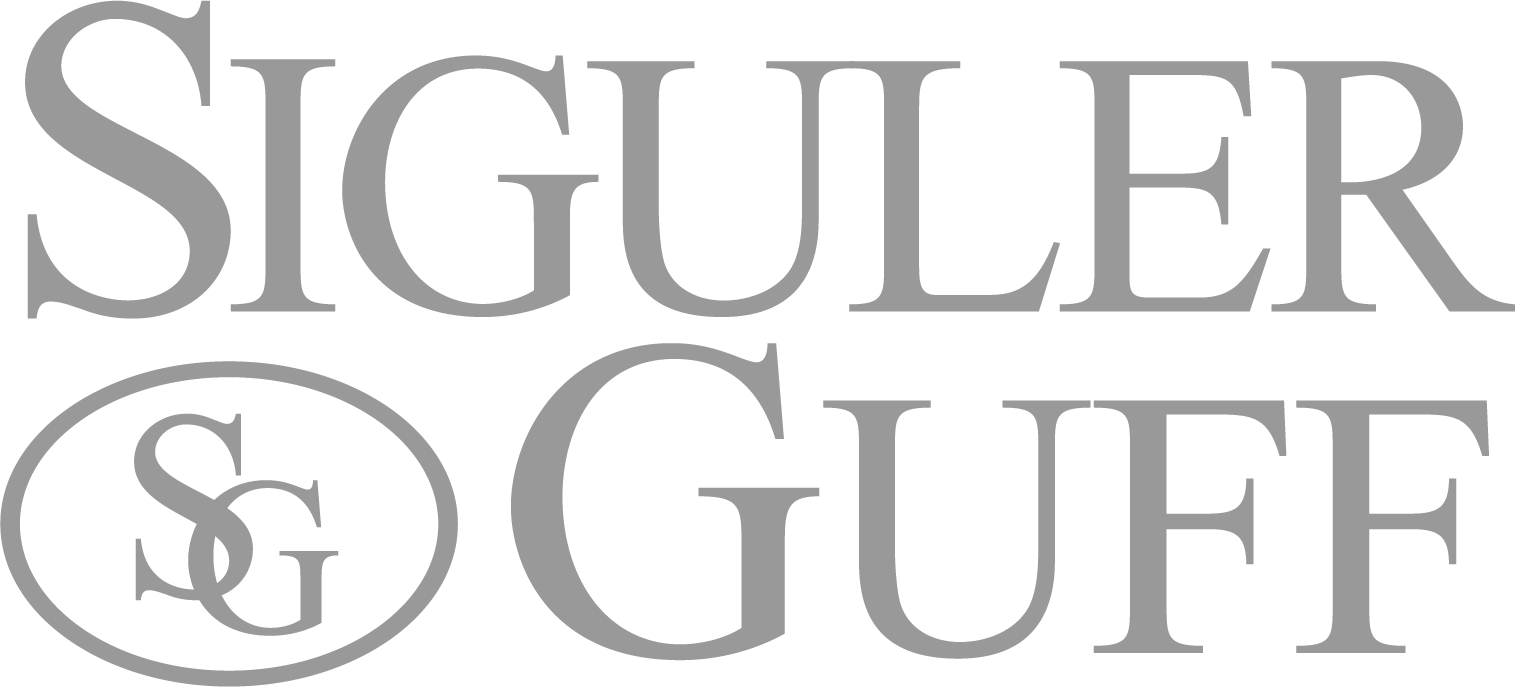October 2023
From cancer therapy to designer clothing and alternative food manufacturing, the application of synthetic biology is evolving at an extraordinary pace. Here, Walter Scott investment manager Tom Miedema surveys this changing landscape and the potential opportunities it may present.
Highlights
- As a disruptive science with the potential to revolutionize both human health and many sectors of the economy, synthetic biology has been with us for much longer than many think.
- While healthcare may be the most vital area ripe for synthetic biology innovation, the science is finding other applications in areas in sectors as diverse as food production and fashion.
- Miedema believes the development of synthetic biology solutions holds far-reaching consequences for businesses around the world.
In an age of increasing food shortage, where an expected 349 million people are projected to be food insecure in 2023,1 imagine a world where we could produce an infinite quantity of food and other vital commodities from single cells. A world where fatal diseases were routinely eliminated and where we could inch nearer to unlocking the key to eternal life itself.2
In fact, this world may much be closer than we think, thanks to the exponential progress being made by scientists exploring the potential of synthetic biology. This discipline – the engineering and redesign of biological systems that do not already exist in nature but which could have a range of applications in modern day life3– could also hold vast and diverse potential opportunities for investors, according to Walter Scott investment manager, Tom Miedema.
Miedema has researched a number of companies active in this field and sees potential for advancements in sectors such as medicine, food production and consumer fashion. He believes the development of synthetic biology solutions holds far-reaching consequences for businesses around the world.
Miedema is not alone. According to research from the Boston Consulting Group, synthetic biology could be applied extensively in manufacturing industries that account for more than a third of global output – worth just under US$30 trillion— by the end of the decade.4
As a disruptive science with the potential to revolutionize both human health and many sectors of the economy, synthetic biology has been with us for much longer than many think.
Classical roots
According to Miedema, the discipline can be traced back 2,000 years to the time of the Greek philosopher and polymath Aristotle. On a long journey, synthetic biology has since seen landmark breakthroughs such as the discovery of the deoxyribonucleic acid (DNA) helix and advances such as the development of synthetic insulin to help fight diabetes.
More recently the development of Messenger RNA (mRNA) vaccines saw their application help tackle the Covid-19 virus after the outbreak of a new and frightening global pandemic in 2020, he adds.
Commenting on the work involved in synthetic biology, Miedema says: “There have been lots of different milestones and technologies coming together to create what we see today – from the Human Genome Project and the ability to sequence DNA to the development of effective mRNA vaccines, and a whole host of other breakthroughs.”
Describing the sheer breadth of work involved in synthetic biology, he adds: “In our view, this is a massive multidisciplinary effort in science. It crosses biology, chemistry, robotics and computer science. These things are coming together to accelerate to the point where we have all the tools in place to use this technology for a wide variety of applications.”
In healthcare, Miedema believes that while some standard treatments for cancer and other conditions such as diabetes are well established, the development of a new wave of more complex and potentially far-reaching healthcare solutions is imminent.
“Some technologies and treatments – such as the use of insulin – have been used in healthcare for a long time already. But now what we are talking about is the development of a whole host of different methods of treatments or so-called modalities – such as mRNA, peptides and cell and gene therapy,” he adds.
“We are also going to see the development of some really big technology platforms in healthcare going forward. Think about them as a whole swathe of tools that some very clever scientists are going to use to try and attack some of the really complex problems that we still face.”
Pineapple leather
While healthcare may be the most vital area ripe for synthetic biology innovation, the science is finding other applications in areas in sectors as diverse as food production and fashion, where synthetic materials such as faux leather manufactured from pineapples and even mushrooms are making their mark in the world of consumer fashion.5 These materials have the potential to become more environmentally friendly alternatives to more common leather substitutes such as polyvinyl chloride (PVC) and polyurethane (PU) – which are both derived from fossil fuels.6
Food production and farming could also see major benefits from synthetic biology. The Boston Consulting Group says it believes these technologies could help farmers of the future create as much as 4.4 billion pounds of beef – more than Mexico consumes in a year – from just half a gram of cattle muscle.7 All of which is providing some weighty food for thought for both investors and their managers.
“Burgers, skin care, designer handbags, contaminated water and, of course, Covid-19 vaccines are just some examples of where synthetic biology technology is being applied out there in the real world today,” says Miedema.
“We believe key trends such as synthetic biology, merit a particularly deep dive. This technology is clearly an area with far-reaching consequences for businesses around the world, and we at Walter Scott are fascinated by the opportunities and risks it presents for investors today and in the future,” he concludes.
1 World Food Program (WFP). 2023: Another year of extreme jeopardy for those struggling to feed their families. December 2022.
2 Wired. The Next Best Version of Me: How to Live Forever. March 27, 2018.
3 As defined by the World Economic Forum, WEF. What is synthetic biology and what is its potential? These stories explain. June 22, 2022.
4 Boston Consulting Group. Synthetic Biology Is About to Disrupt Your Industry. February 10, 2022.
5 The Guardian. Plant or plastic? How to decode vegan leather alternatives. February 28, 2023.
6 Ibid.
7 Boston Consulting Group. Synthetic Biology Is About to Disrupt Your Industry. February 10, 2022.
Disclosures
All investments involve risk, including the possible loss of principal. Certain investments involve greater or unique risks that should be considered along with the objectives, fees, and expenses before investing.
Walter Scott & Partners Limited (“Walter Scott”) is an investment management firm authorized and regulated in the United Kingdom by the Financial Conduct Authority in the conduct of investment business. Walter Scott is also registered with the U.S. Securities and Exchange Commission (SEC) as an investment adviser. Walter Scott is a subsidiary of The Bank of New York Mellon Corporation.
The natural resources sector can be affected by events occurring in nature, inflation, and domestic and international policies. Interest rates, commodity prices, economic, tax, and energy developments, and government regulations may affect the resources sector and the share prices of the companies in the sector.
Recent market risks include pandemic risks related to COVID-19. The effects of COVID-19 have contributed to increased volatility in global markets and affected certain countries, companies, industries and market sectors more dramatically than others.
BNY Mellon Investment Management is one of the world’s leading investment management organizations, encompassing BNY Mellon’s affiliated investment management firms and global distribution companies. BNY Mellon is the corporate brand of The Bank of New York Mellon Corporation and may also be used as a generic term to reference the corporation as a whole or its various subsidiaries generally.
This material has been provided for informational purposes only and should not be construed as investment advice or a recommendation of any particular investment product, strategy, investment manager or account arrangement, and should not serve as a primary basis for investment decisions.
Prospective investors should consult a legal, tax or financial professional in order to determine whether any investment product, strategy or service is appropriate for their particular circumstances. Views expressed are those of the author stated and do not reflect views of other managers or the firm overall. Views are current as of the date of this publication and subject to change.
The information is based on current market conditions, which will fluctuate and may be superseded by subsequent market events or for other reasons. References to specific securities, asset classes and financial markets are for illustrative purposes only and are not intended to be and should not be interpreted as recommendations. Information contained herein has been obtained from sources believed to be reliable, but not guaranteed. No part of this material may be reproduced in any form, or referred to in any other publication, without express written permission.
Not FDIC-Insured | No Bank Guarantee | May Lose Value
© 2023 BNY Mellon Securities Corporation, distributor, 240 Greenwich Street, 9th Floor, New York, NY 10286
MARK-440430-2023-10-17






